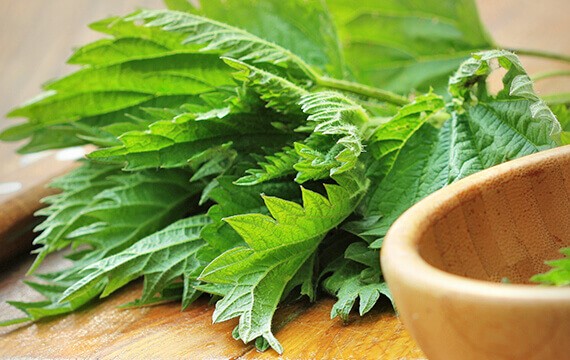





Kolokas, otherwise known as Kolakasi, Colocasia and Taro is a root vegetable found in North Cyprus. Generally, this is cooked and eaten pretty much the same as a potato, but has a distinct, almost nutty flavour. Due to the climate here, the Kolokas here tend to be quite large. Serve with onions, pork, chicken or lamb in a tomato sauce or make into a stew.
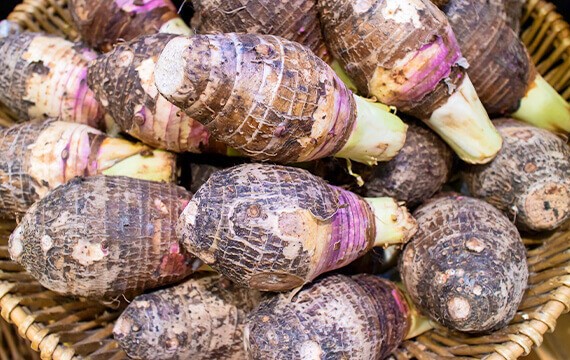
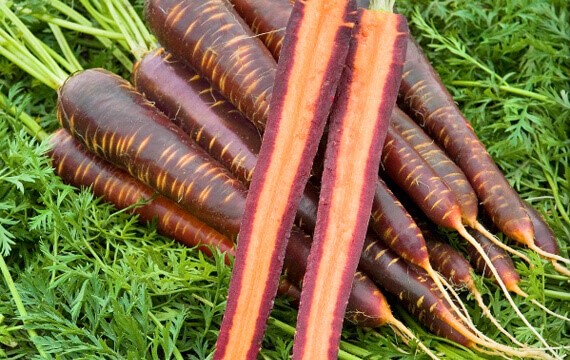
The Siyah Havuç is actually a black carrot, which actually originated around 5,000 years before the traditional orange carrot in the Middle East. They are great for reducing bad (LDL) cholesterol and their juice contains around 12x more antioxidants than orange carrots. You can buy the juice in most supermarkets here, and the carrots are used just like regular carrots.
Known as a “cabbage turnip” in English, these vegetables grow almost anywhere and come in two different colours in North Cyprus, purple and green. Choose a small one around 5cm wide (as they are more tender than the larger ones) to use in stews or the leaves can be used in a similar way to spinach. Kohlrabi is an excellent source of magnesium, vitamin C and phosphorus.
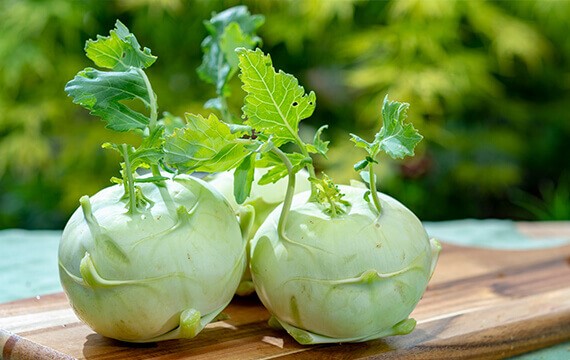
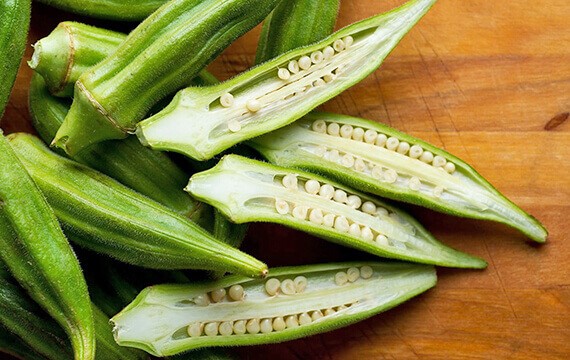
Known as “ladies fingers”, Okra is a widely used vegetable in North Cyprus. They taste a little bit like aubergine, but have a distinct taste all of their own. Ensure that any Bamya you buy are crisp and firm, so that they would snap easily if you bend them. You can use them to thicken dishes such as stew or slice of the stalks and eat them in salads or as a side dish, baked in the oven with tomatoes and oil.
We don’t tend to eat these in the UK, but ısırgan otu aka stinging nettle is a local delicacy in North Cyprus. Normally, the nettles would be boiled and eaten with eggs, or can be eaten with olive oil and lemon salt. You can also use ısırgan otu as a salad dish once they have been boiled, and serve with toasted pine nuts, chopped tomato and fried onion as well as some fresh Turkish yoghurt.
